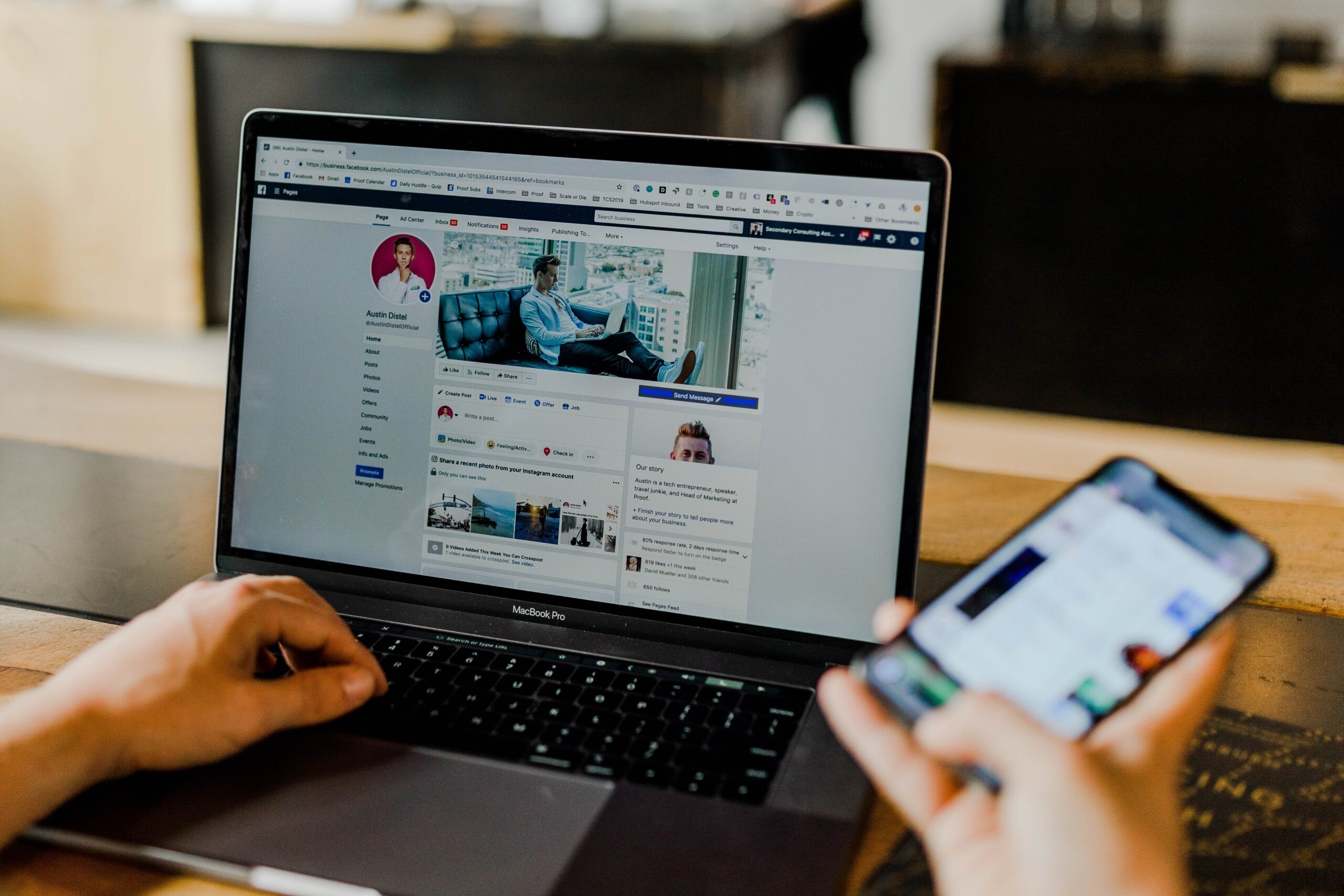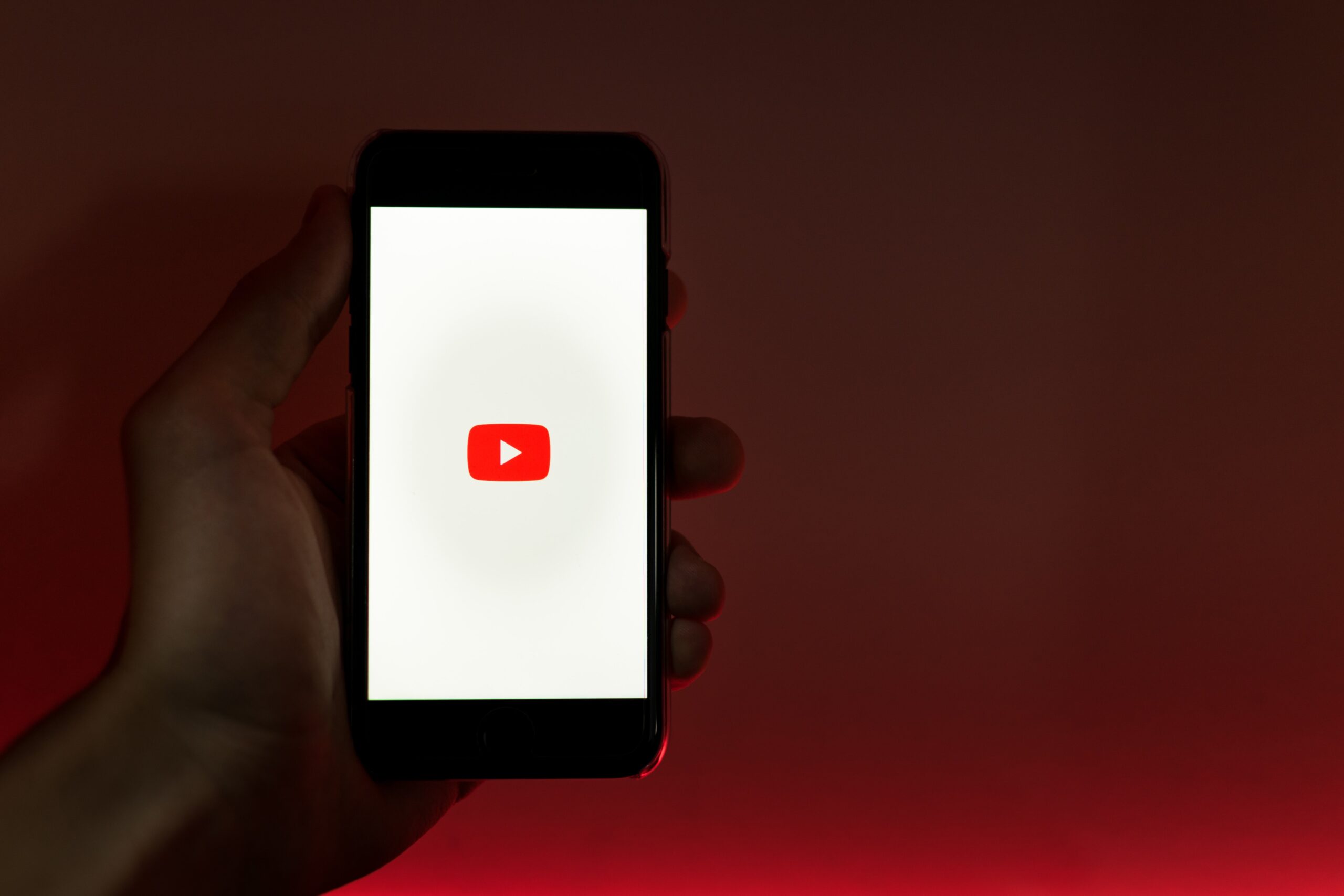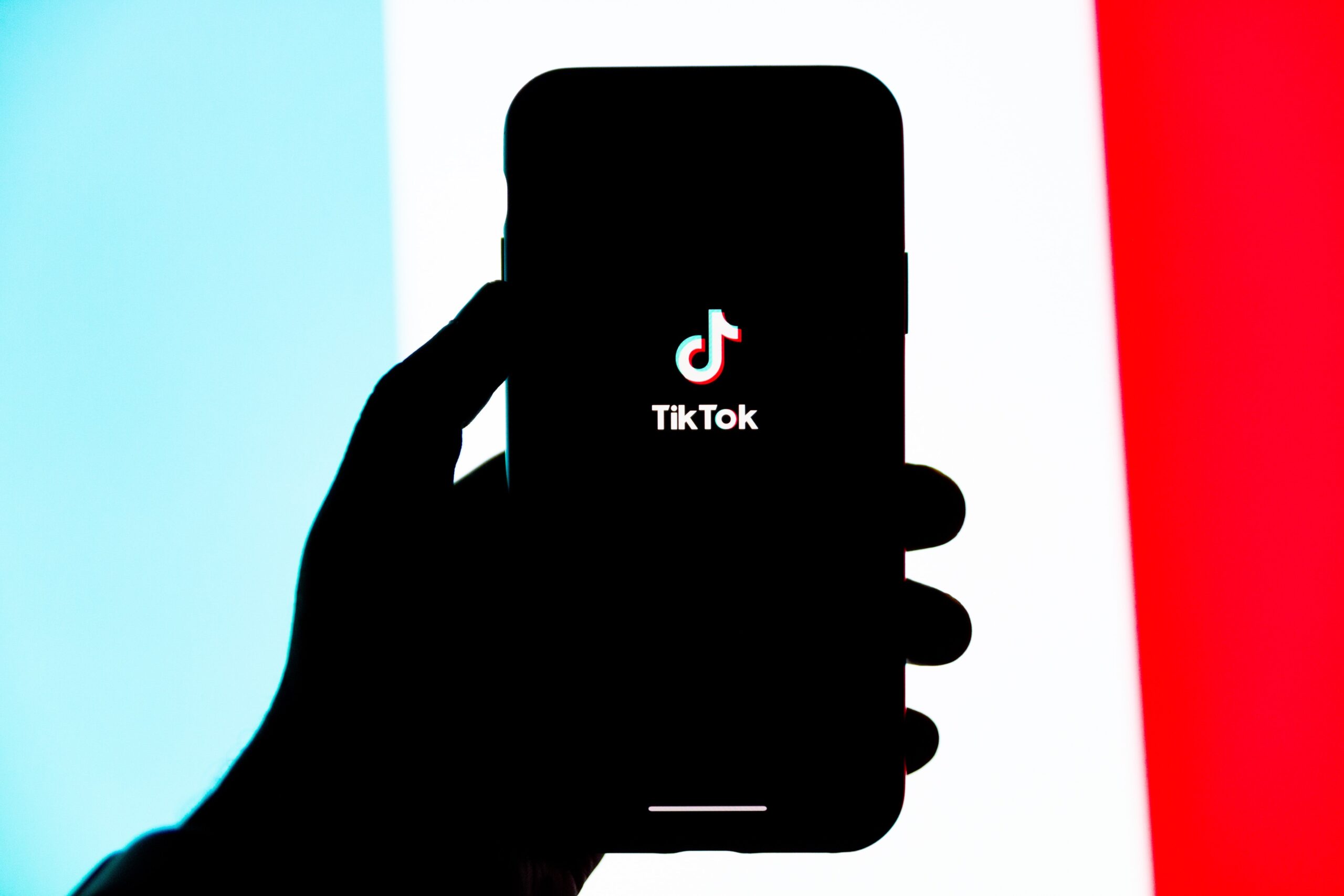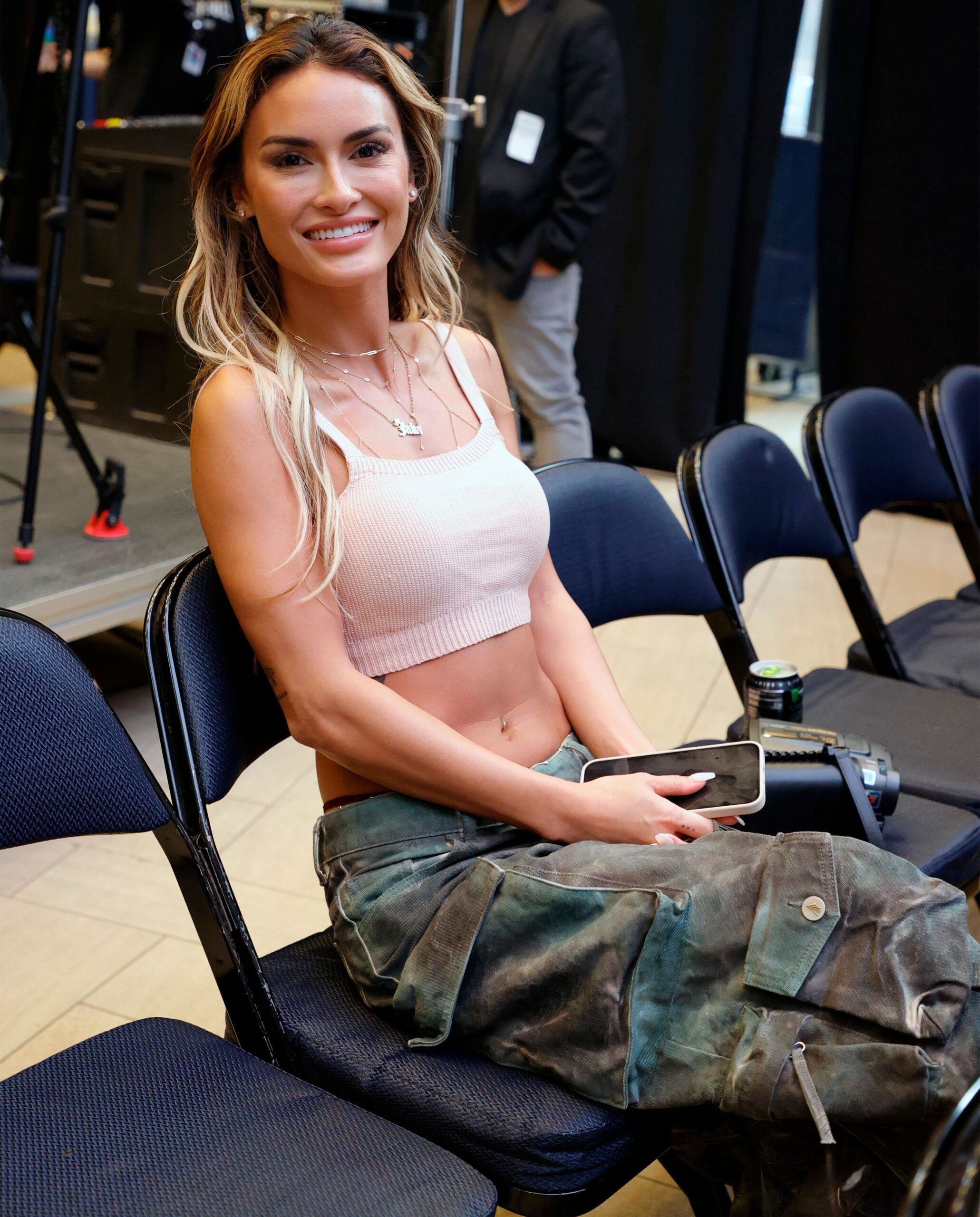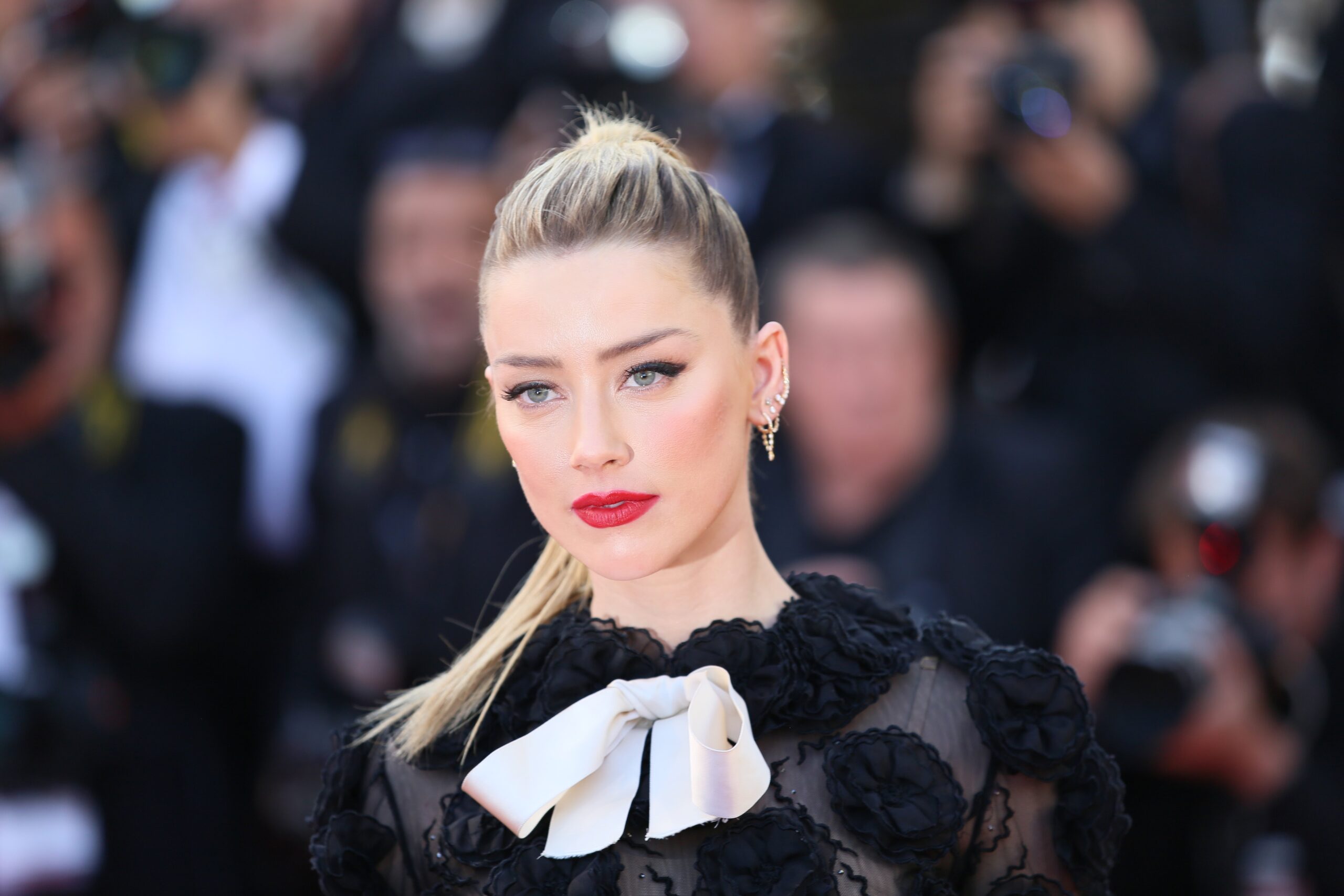On Sunday, Julia Rose and Lauren Summer—which are definitely their real names—made headlines when they flashed their breasts during the live broadcast of game 5 of the World Series. While they didn’t get quite as much attention as certain other attendees, they got enough to earn themselves lifetime bans from MLB events. As far as […]
